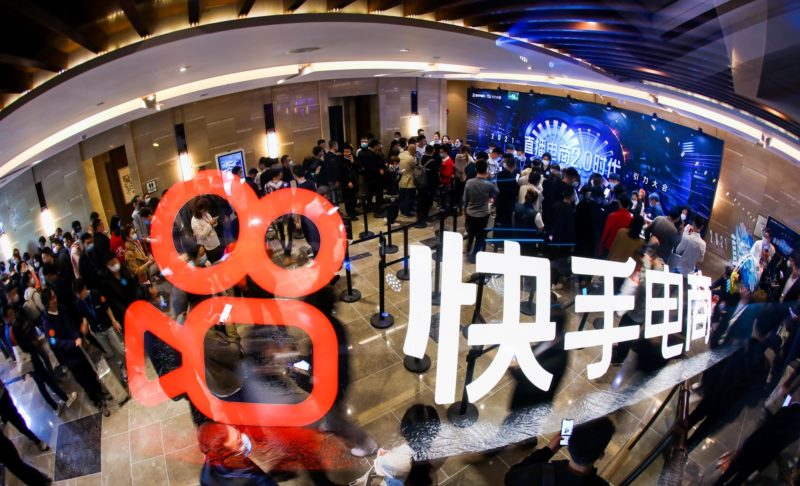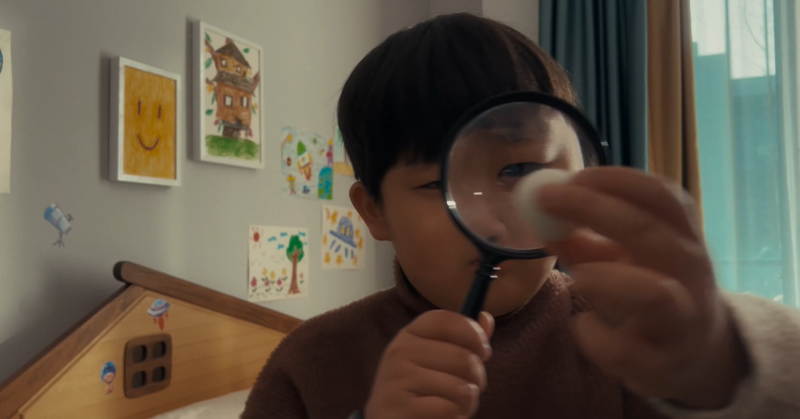The debate around China’s toxic overtime work culture resurfaced recently after the deaths of 3 employees within the first two months of 2022. One of the employees was from Bilibili (China’s equivalent to YouTube) with the tragic incident happening during Chinese New Year, and the most recent is from ByteDance (parent company of the viral short video app TikTok) on 23 February.
All three were born post-90s and died of sudden cardiac death with overtime work allegedly to blame. Bilibili is still in hot water following the death of its employee on 4 February. The 25-year-old was responsible for content review for the video-sharing platform and died whilst on duty. The company denied the allegation that working during the holiday was the cause of the tragedy. In the meantime, it announced on 8 February that the company would scale up its recruitment of content reviewers this year by 1,000 in the hope to spread the workload.
Two weeks later, on 15 February, a 27-year-old designer for a construction design company in Shanghai was reported to have died in his rental home, which has fuelled the already intensified online sentiment.
There was a public outpouring of anger following the response by the employer who tends to ‘pass the buck’, saying the incident “did not take place in work time, nor at the workplace, and there is no evidence showing him working overtime”.
While this incident has not yet been settled, the death of the 28-year-old thermal graphic engineer at the gym of ByteDance was confirmed by the employer. ByteDance has not yet provided further information as to the cause of death, but as the news arrives, it has pushed the debate to a new high.
The series of deaths within such a short period of time has led many to question the earlier promises to “reform the work culture” by China’s Internet giants, where the notorious 996 work schedule (9 am-9 pm, six days a week) has been common practice.
Several tech giants have already made changes to their overtime work management regulations, such as Tencent’s gaming studio who stated last June that “employees should not leave the office later than 9 pm on weekdays and should finish at 6 pm on Wednesdays”.
The short video platform, Kuaishou also soon followed suit by instructing employees to finish work at 6 pm on Wednesdays and before 9 pm on other weekdays. ByteDance also introduced a new regulation, which says “overtime after 7 pm during the week is not allowed without getting approval”, which has come into effect since last November.
Most recently, it is reported that WeChat (an instant messaging app owned by Tencent) has been internally trialling a new work schedule known as “1065” (which means 10 am to 6 pm, five days a week). However, the real impact of how these changes have benefitted employees has yet to be seen.
The latest episode has also appeared to have sounded alarm for many young office workers. Alongside the trending hashtag of the death of the 28-year-old at ByteDance, which has so far drawn over 340 million views on Weibo, many have also been searching for “signs of sudden cardiac death”, with the hashtag hitting 200 million views on the microblogging site at the time of writing.









